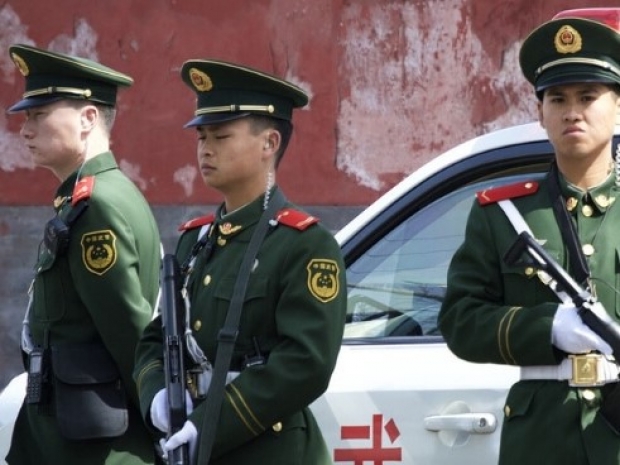However according to the Intercept , Oracle has a rather a cosy relationship with the Chinese coppers and has been marketing its own software for their surveillance work.
Apparently coppers in China's Liaoning province were sitting on mounds of data collected through invasive means: financial records, travel information, vehicle registrations, social media, and surveillance camera footage. To make sense of it all, they needed sophisticated analytic software. E
Oracle, whose products could find relevant data in the police department's disparate feeds and merge it with information from ongoing investigations.
In 2018 a China-based Oracle engineer at a developer conference at the company's California headquarters in 2018. Slides from the presentation, hosted on Oracle's website, begin with a "case outline" listing four Oracle "product[s] used" by Liaoning police to "do criminal analysis and prediction."
One slide shows Oracle software enabling Liaoning police to create network graphs based on hotel registrations and track down anyone who might be linked to a given suspect.
Another shows the software being used to build a police dashboard and create "security case heat map[s]." Apparent pictures of the software interface show a blurred face and various Chinese names.
The concluding slide states that the software helped police, whose datasets had been "incomprehensible," more easily "trace the key people/objects/events" and "identify potential suspect[s]" -- which in China often means dissidents.
Oracle representatives have marketed the company's data analytics for use by police and security industry contractors across China, according to dozens of company documents hosted on its website. In at least two cases, the documents imply that provincial departments used the software in their operations.
One is the slideshow story about Liaoning province. The other is an Oracle document describing police in Shanxi province as a "client" in need of an intelligence platform. Oracle also boasted that its data security services were used by other Chinese police entities, according to the documents -- including police in Xinjiang, the site of a genocide against Muslim Uyghurs and other ethnic groups.
In marketing materials, Oracle said that its software could help police leverage information from online comments, investigation records, hotel registrations, license plate information, DNA databases, and images for facial recognition. Oracle presentations even suggested that police could use its products to combine social media activity with dedicated Chinese government databases tracking drug users and people in the entertainment industry, a group that includes sex workers. Oracle employees also promoted company technology for China's "Police Cloud," a big data platform implemented as part of the emerging surveillance state.
To be fair, that is not saying that Oracle would hand over US data to Chinese police. But it does mean that if it owned TikTok it would have had links to the Chinese law authorities just as much as its current owners.

